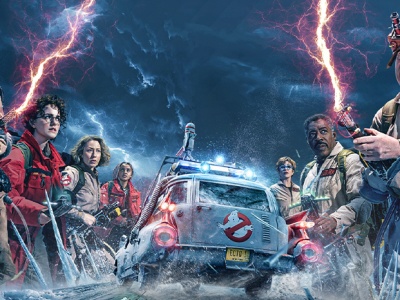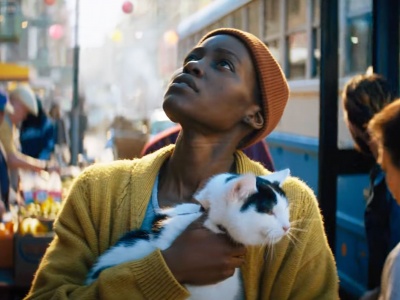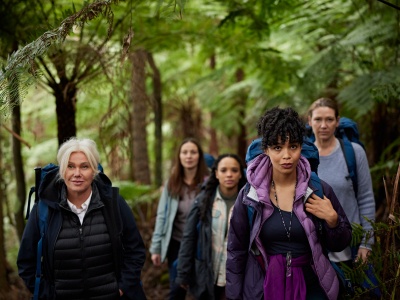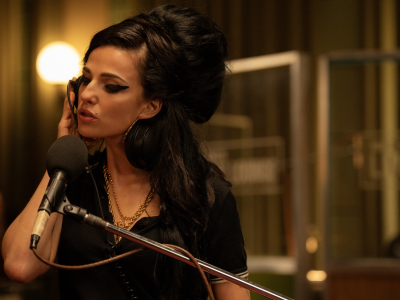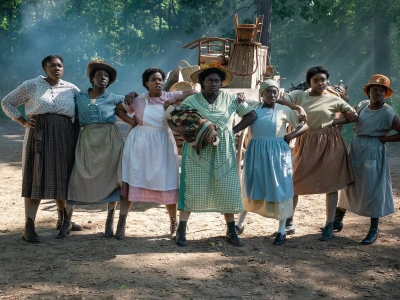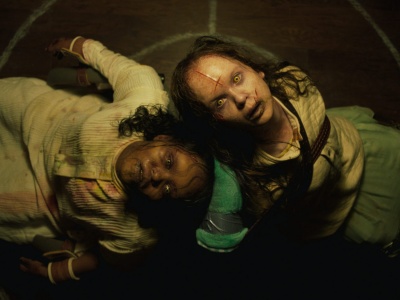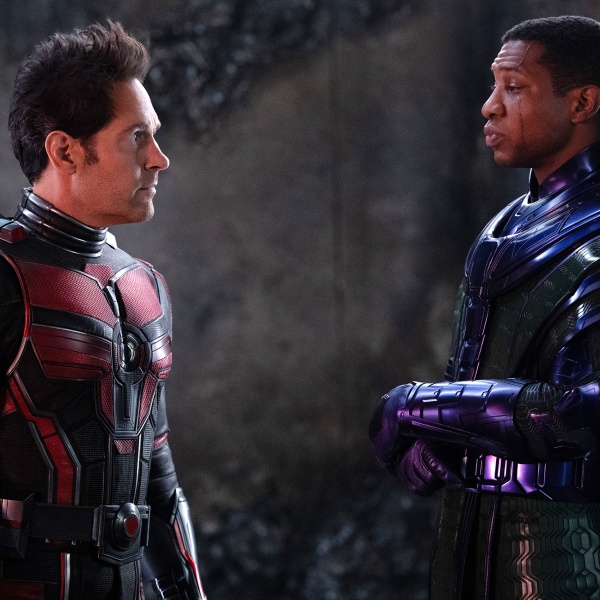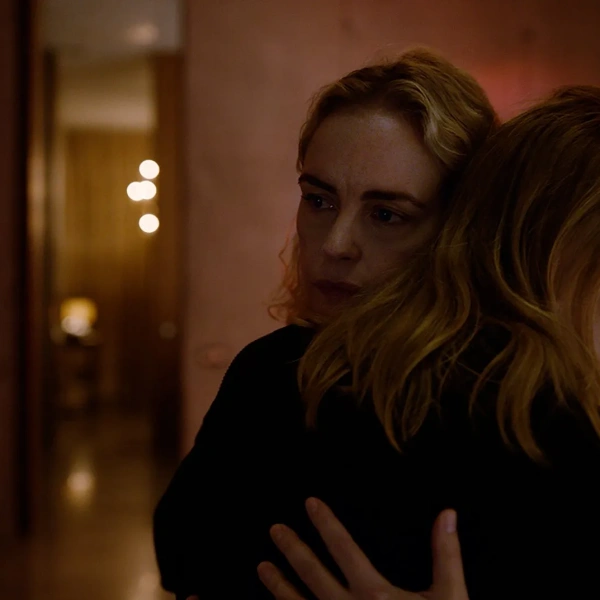 The Wall Street Crash of 1929 caused ripples that were felt across the world, sending Western industrialised countries into a freefall that marked the beginning of the Great Depression. The tale of Serena is set against the backdrop of the Crash, not among the bodies on the Wall Street pavements but in another environment where the rich and the poor lived side by side, one trying to eke out a living, the other preying on the desperate; the timber rich forests of North Carolina.
The Wall Street Crash of 1929 caused ripples that were felt across the world, sending Western industrialised countries into a freefall that marked the beginning of the Great Depression. The tale of Serena is set against the backdrop of the Crash, not among the bodies on the Wall Street pavements but in another environment where the rich and the poor lived side by side, one trying to eke out a living, the other preying on the desperate; the timber rich forests of North Carolina.
Serena is the story of George Pemberton, Bradley Cooper, a bachelor and timber tycoon who is struggling to grow his lumber empire after the Crash. One of the better executed scenes of the film occurs early on when George attends a meeting with campaigners for a new national park planned to protect the forests that Pemberton is felling to line his already fattened pockets. Hiding behind the shield of the workers’ right to an honest day’s work, Pemberton is openly sneering of the government and anybody else who thinks they can stymie his greatness. The local sheriff dissects Pemberton’s claim of magnanimity for what it is, self-interest, this moment galvanises the fact that Pemberton is not a character to be cheered for but, presumably, pitied.
His soon to be wife Serena, Jennifer Lawrence, is another story altogether. Rather than pity the only thing that can be felt for Serena is scorn. Cold, as fake as her platinum blond hair, and utterly contemptible of anything and everything outside of her relationship with George, Serena is a vacuous and unbelievable character that is the result of a poorly written script and some truly awful directing choices.
One of the biggest shortfalls of the film is the half-baked relationship of the Pembertons. For a coupling required to shoulder the emotional weight of the film the Pembertons’ romance is built upon matchsticks; after glimpsing Serena show riding George is so enthralled that he rides after her, his second words to her; ‘I think we should be married’. From this utterly fantastical union comes some very bad sex scenes and the arrival of Serena to the timber towns of North Carolina. Early on we learn that George has fathered a child with a young woman in his employ, a truth to which the newly arrived Serena gives no feminine or maternal sympathy, not even jealousy, she simply chooses to ignore the screaming baby and impoverished mother in the pursuit of her own well-being.
riding George is so enthralled that he rides after her, his second words to her; ‘I think we should be married’. From this utterly fantastical union comes some very bad sex scenes and the arrival of Serena to the timber towns of North Carolina. Early on we learn that George has fathered a child with a young woman in his employ, a truth to which the newly arrived Serena gives no feminine or maternal sympathy, not even jealousy, she simply chooses to ignore the screaming baby and impoverished mother in the pursuit of her own well-being.
Serena and George begin their lives together in the fashion of young aristocrats, looking down their noses at the ‘hired help’ and ignoring all sounds of dissent or reason in favour of their own mewling. So sure are they of their right to live and prosper as they please that they are willing to kill for it.
It is clear what the filmmakers were trying to do; a Shakespearean tragedy with hints of Othello and Romeo and Juliet mixed with the historical backdrop of The Great Depression, transform strong and steely feminist Serena into a vicious femme fatale, and George from hunter to hunted. Unfortunately a tragedy requires the characters to have some redeeming qualities, something for which the audience can root for and Serena’s cast of misfits lack the requisite charm to affect any emotional response when things turn bad.
The hype that the filmmakers are hoping will fill seats is the reunion of Bradley Cooper and Jennifer Lawrence after their critical and commercial success with 2012’s Silver Linings Playbook. For that performance Lawrence grabbed herself an Academy Award for Best Actress, for her performance in Serena she is more deserving of a Golden Raspberry; it is remarkable just how bad Lawrence is in Serena. Equally confounding is the lack of chemistry between the leads, a chemistry that has been proven in the past now comes across about as sexy as geriatric siblings rolling around on white sheets in the crepuscular light, their moans of passion accompanied by a stirring score of strings.
The soundtrack is equally reprehensible, sounding like it was put together by a high school student studying music 101; all the right notes are there but the score as a whole feels jarring in its blandness. Like the film’s script the score can be predicted note for note.
The main protagonists of Serena are ripped straight out of a bad Ayn Rand novel (is that a tautology?). Selfish adherents to the doctrine of their personal happiness at any cost, the only joy that can be had from this dull and utterly unlikeable film is the inevitable chaos that ensues when things don’t go as planned for the spoiled and horrid pair who leave nothing but death and destruction in the path of their own vanity, and even that is far too small a reward for the hundred and ten minutes the audience is forced to endure with this pair.
Review by Liam Kinkead

